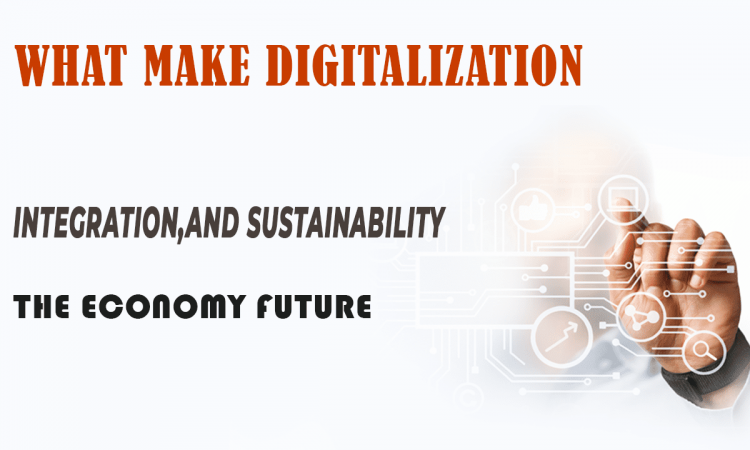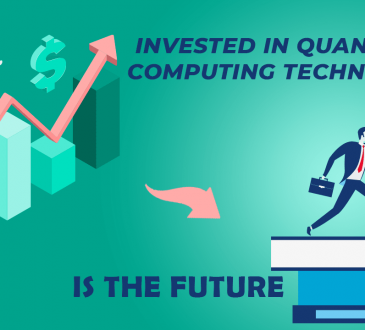
Meanwhile, as business changes accelerate along with the disruption caused by the COVID-19 pandemic. The world is facing unprecedented challenges from technology leaders who need to transform their businesses (Digitalization) – from employee and customer engagement to supply chains.
Over the last two years, we have seen a period of great upheaval, change, and uncertainty in all aspects of our lives.
However, organizations adopting data-driven business models will weather this bumpy transition and emerge stronger than their competitors emerge. These are five forces and how they enable companies to succeed;
- Work sharing: During the COVID-19 boom, workers moved to home offices, reinforcing the already existing trend towards teleworking and digitalization of services.
- When workers can collaborate from anywhere, they are happier and more productive, and companies can recruit the best talent, regardless of location.
- All transactions will be digital A key element of the fourth industrial revolution is the need to conduct business on a global scale and around the clock. This requires a digital supply chain that enables transactions between businesses and between businesses and consumers to be conducted in person or online.
- An excellent customer experience typically, the highest rating for excellent customer service is five stars, but forward-thinking companies are going beyond this and aiming for a seven-star rating by finding new ways to delight customers.
- – Trusted and safe: It is clear now that the pandemic has led to an explosion of cybercrime, focusing on COVID-19 phishing attacks, fraudulent charities and counterfeit vaccines. At the same time, the advent of hybrid working practices has meant that employees need access to sensitive data at any time and from anywhere in the world.
- Inclusivity and sustainable growth the global labor market of the future must be diverse and inclusive. Growth, in turn, must be data-driven and sustainable.
The Key to a Successful Digitalization Transformation?
When it comes to IT, getting the cloud right is an essential part of today’s IT strategy, but moving workloads to the cloud requires skills that often don’t exist within an organization’s IT team.
A deep understanding of business needs and cloud delivery capabilities is important to gain lasting value from cloud implementations.
But What Does A Cloud-Ready Business Look Like To Your Customers?
One thing is every company has a different starting point when it comes to adopting cloud computing to accelerate Digitalization.
However, with cloud-ready companies, a common characteristic is that leaders understand that time should be spent building and running the business, not managing the IT infrastructure on a day-to-day basis.
The organizations embracing this concept are prepared to look at the business processes, departments, and workflows that could benefit from moving to the cloud in the short, medium, and long term.
As part of their strategic planning, companies should conduct an ROI analysis before moving to the cloud. However, there are also emotional decisions that require self-analysis.
Often people underestimate the impact of change. They look at the financial justification and make a decision, but without careful planning, they jump on board.
Where Can The Science Of Change Management Apply To Cloud Migration?
Having a cloud transformation that delivers higher business value accelerates high-value business outcomes.
It affects everyone in the organization. Think about upgrading your smartphone. It’s normal to be frustrated by small changes. Enterprise applications are changing the way people interact with the technology they use every day.
People leading the IT function need to focus on change management that is results-oriented. The change management process should clearly communicate to users the value they are receiving and remind them that it is an ongoing transformation, not a one-off. The only constant in any organization is change itself.






